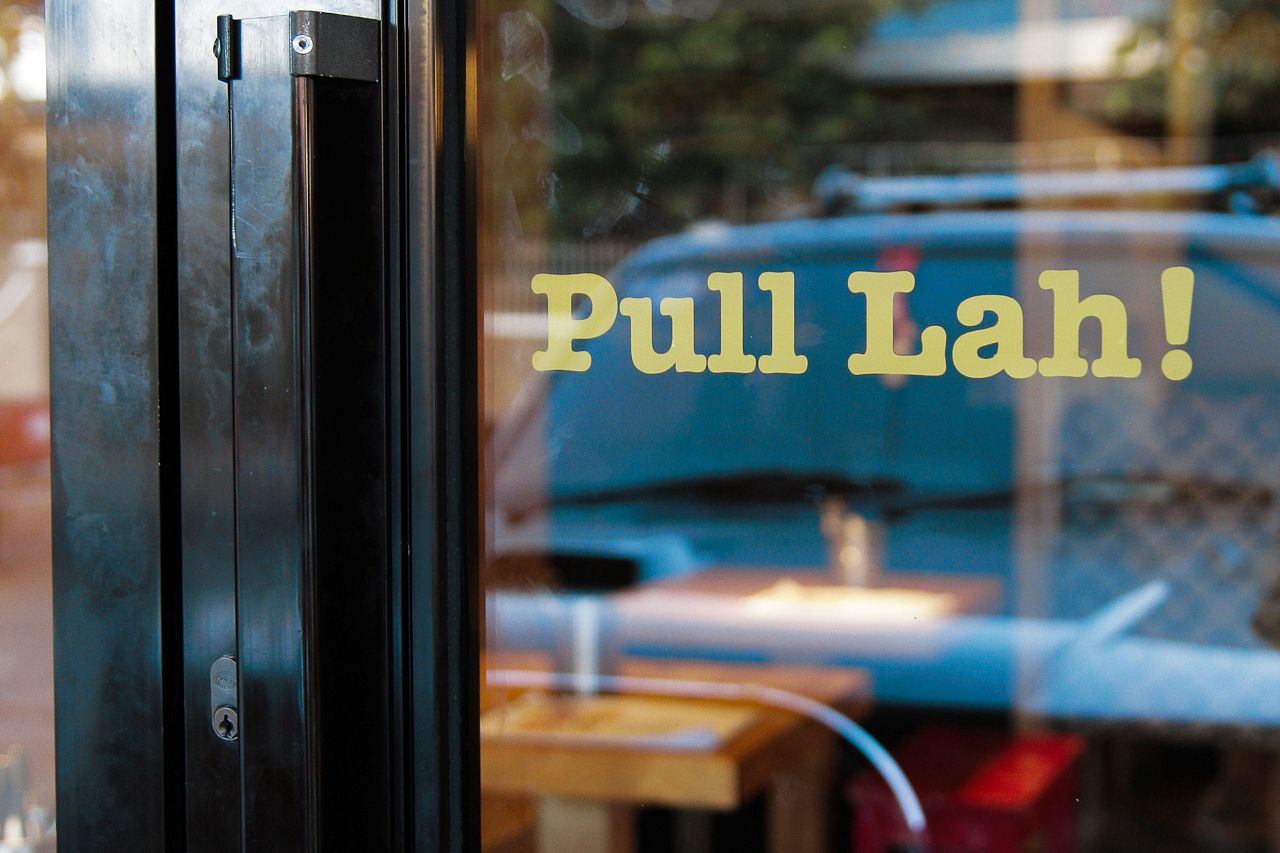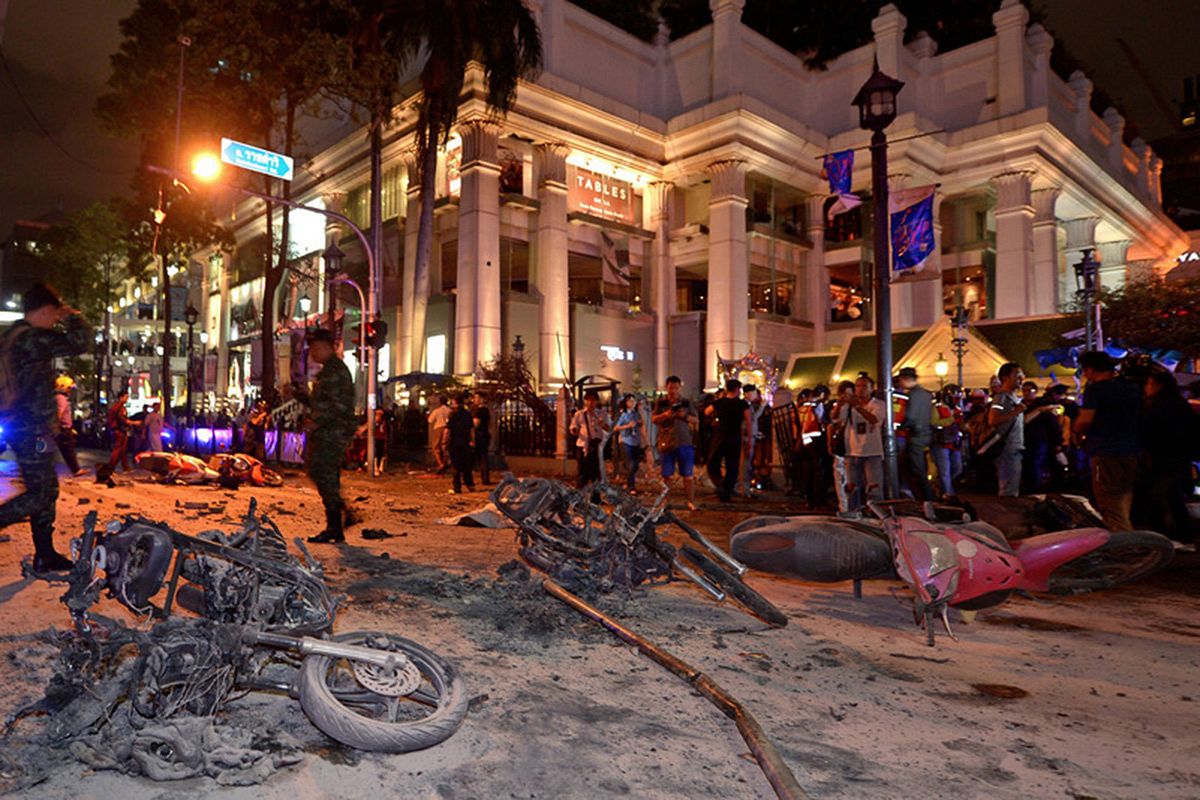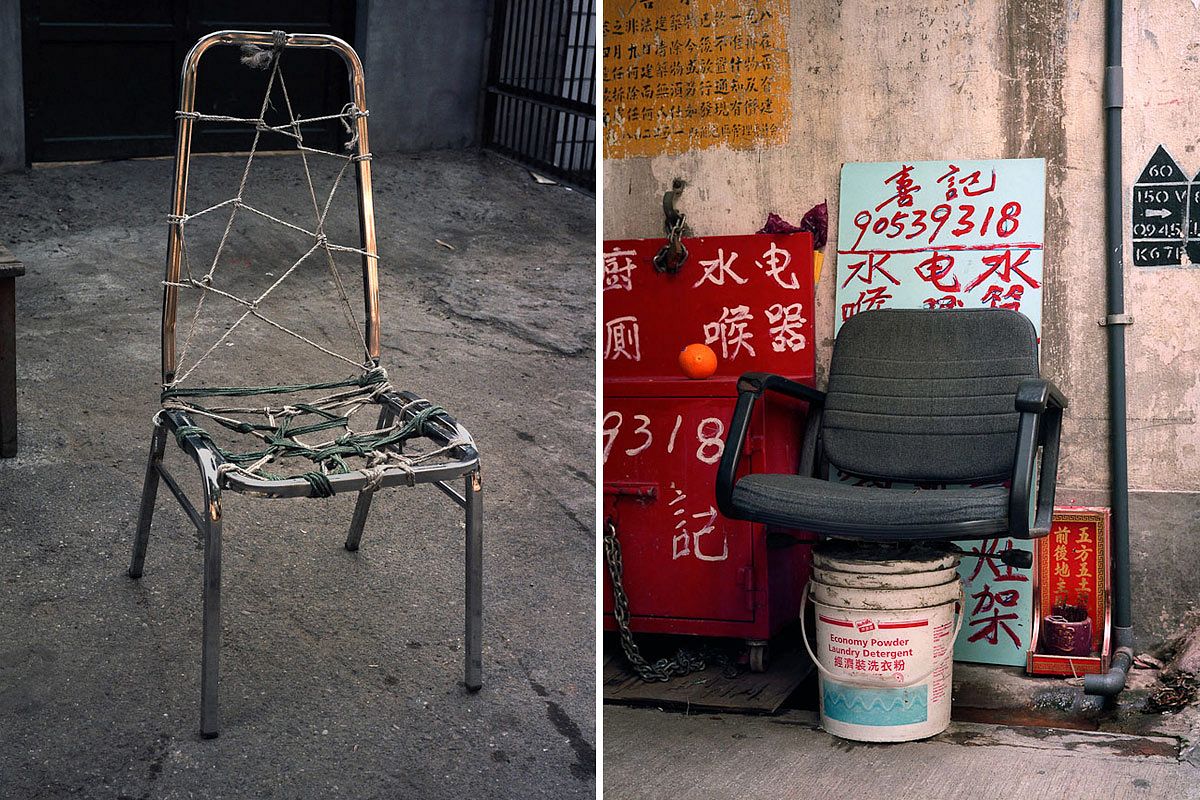Singapore’s government announced on Monday that it plans to freeze the number of private cars on its streets from 2018.
Considering that the sovereign city-state of 5.6 million people is smaller than New York City, there is a very finite amount of space that can be allocated to roads. Currently, 12% of the land area is used for driving.
Singapore is already one of the most expensive places on earth to own a car. Aspiring drivers must obtain a certificate of entitlement (COE) which is valid for ten years and costs around SG$50,000 (US$37,000). These are auctioned off monthly. Each year, the government sets a growth target for private vehicles, which currently sits at 0.25% but next year will go down to zero.
In addition to the certification fee, Singapore has many fees and taxes, making car ownership pricy. According to The Guardian, “A Toyota Corolla Altis, a five-door sedan, can cost up to around SG$111,000 in Singapore, including the price of the certificate, or about four times what it costs in the US.”
Singapore has been tackling the problem of too many cars in other ways, too. Ars Technica wrote: “The total number of vehicles peaked at 974,170 in 2013 and declined to 956,430 in 2016. A big reason for the decline in overall cars is that Singapore began phasing out a scheme for 'off-peak cars'—cars that can be driven on evenings and weekends, but not during rush hour—in 2010.”
The recently released report concluded that over the past six years Singapore has significantly expanded its public transportation network. The railway station has expanded 30% in length and 41 new stations have been added. In the future they promise: “The Government will continue to invest $20 billion in new rail infrastructure, $4 billion to renew, upgrade and expand rail operating assets, and another $4 billion in bus contracting subsidies over the next five years to improve public transport.”
The vehicle growth target for Singapore will be reassessed in 2020. Until then potential car owners will have to rely on others surrendering their certificates. At this time, the freeze does not include trucks and buses.
By contrast, while personal vehicle traffic is a large concern for citizens here in Vietnam, the country has yet to place new fees or restrictions on car ownership. Alternate solutions, such as staggering working hours, have been offered, but no concrete solutions have solidified. Many are hopeful that the metro will be the solution to Saigon’s nightmarish traffic.
[Photo via The Guardian]














